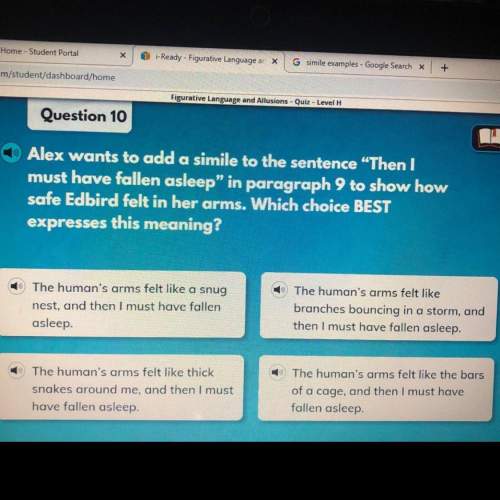
Read this excerpt from Levitt and Dubner’s Freakonomics.
The incentive scheme that rules sumo is intricate and extraordinarily powerful. Each wrestler maintains a ranking that affects every slice of life; how much money he makes, how large an entourage he carries, how much he gets to eat, sleep, and otherwise take advantage of his success. The sixty-six highest-ranked wrestlers in Japan, comprising the makuuchi and juryo divisions, make up the sumo elite. A wrestler near the top of this elite pyramid may earn millions and is treated like royalty. Any wrestler in the top forty earns at least $170,000 a year. The seventieth-ranked wrestler in Japan, meanwhile, earns only $15,000 a year. Life isn’t very sweet outside the elite. Low-ranked wrestlers must tend to their superiors, preparing their meals and cleaning their quarters and even soaping up their hardest-to-reach body parts. So ranking is everything.
A wrestler’s ranking is based on his performance in the elite tournaments that are held six times a year. Each wrestler has fifteen bouts per tournament, one per day over fifteen consecutive days. If he finishes the tournament with a winning record (eight victories or better), his ranking will rise. If he has a losing record, his ranking falls. If it falls far enough, he is booted from the elite rank entirely. The eighth victory in any tournament is therefore critical, the difference between promotion and demotion; it is roughly four times as valuable in the rankings as the typical victory.
Based on the excerpt, which of the following statements best summarizes the incentive system that ranks sumo wrestlers?
The incentive system penalizes elite sumo wrestlers.
The incentive system rewards elite sumo wrestlers.
The incentive system treats all sumo wrestlers equally.
The incentive system treats all sumo wrestlers like royalty.

Answers: 1
Other questions on the subject: English

English, 21.06.2019 16:00, KKHeffner02
All of the following quotes are examples of foreshadowing from the swimming contest except
Answers: 1

English, 21.06.2019 19:20, jayzie1728
What is the historical context of the diary of a young girl by anne frank? o the holocaust o world war i siege on sarajevo the american civil war
Answers: 2

English, 22.06.2019 01:00, smokey13
Pls excerpted from "hope is the thing with feathers" by emily dickinson [2] and sweetest—in the gale—is heard— and sore must be the storm— that could abash the little bird that kept so many warm— [3] i've heard it in the chillest land— and on the strangest sea— yet, never, in extremity, it asked a crumb—of me. in the last stanza, the author writes that the little bird “never … asked a crumb of me.” which type of figurative language is evident in these lines? a. onomatopoeia b. alliteration c. assonance d. personification
Answers: 2

English, 22.06.2019 01:50, nkh69
Brutus: but as he was ambitious, i slew him. . who is here so base that would be a bondman? if any, speak, for him have i offended. who is here so rude that would not be a roman? if any, speak, for him have i offended. who is here so vile that will not love his country? if any, speak, for him have i offended. i pause for a reply. which rhetorical device does brutus use in this excerpt?
Answers: 3
Do you know the correct answer?
Read this excerpt from Levitt and Dubner’s Freakonomics.
The incentive scheme that rules sumo is in...
Questions in other subjects:


Mathematics, 03.07.2019 14:00

Mathematics, 03.07.2019 14:00


Social Studies, 03.07.2019 14:00



Mathematics, 03.07.2019 14:00

Mathematics, 03.07.2019 14:00

Social Studies, 03.07.2019 14:00







